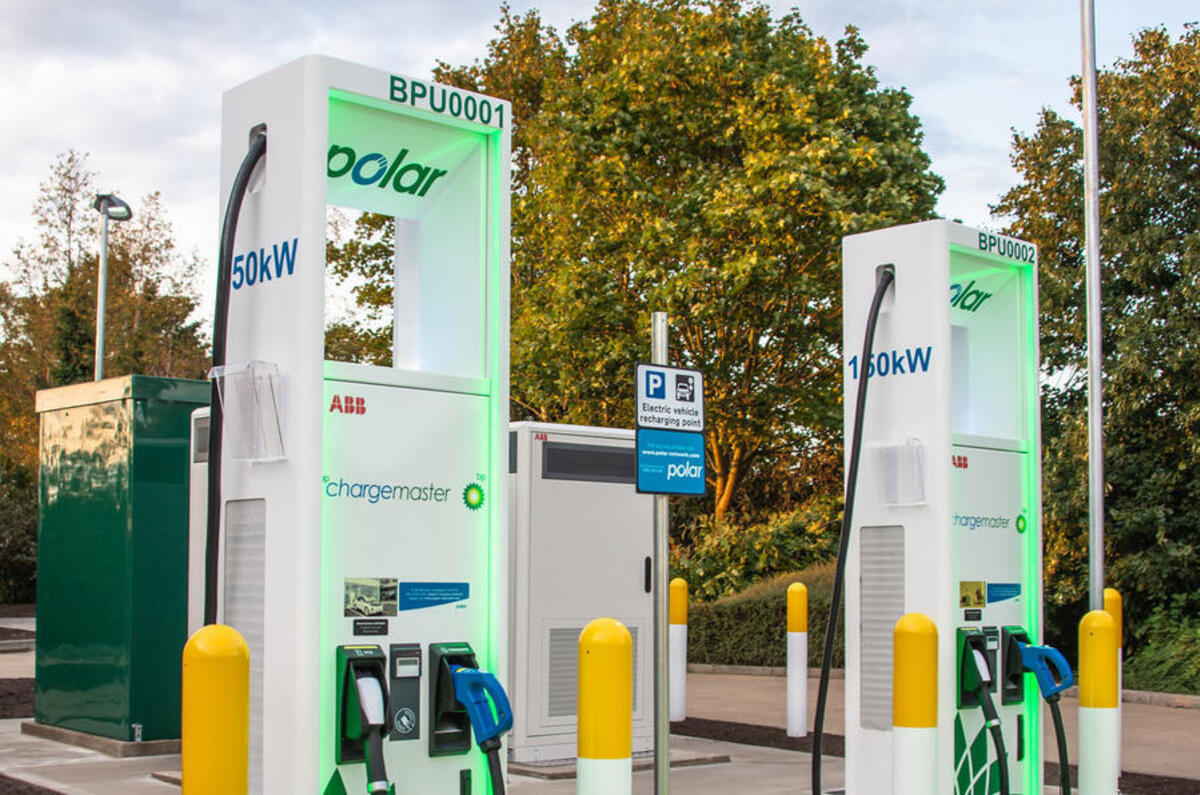As the EV revolution gathers pace in the UK and abroad, calls are being made for charging infrastructure to be made accessible for all drivers.
A report from the Research Institute for Disabled Consumers (RIDC) has found that two thirds of disabled people fear that they would find electric car charging “either difficult or very difficult to navigate” in its current form.
Various aspects of the usual charging process were identified as potentially problematic for physically impaired drivers, in particular removing the charging cable from the car, inserting the cable and moving between the car and the charger.
Some 54% of respondents to the survey, commissioned by pop-up charger provider Urban Foresight, said that lifting the charging cable from the boot and then closing it would be either “difficult” or “very difficult” to do.
A further 41% feared that they would struggle to carry the cable to the charger, with two-thirds (66%) expressing concerns about trip hazards and barriers around chargers that they wouldn't feel confident navigating.
Other issues raised included concern about connecting heavy cables and charging connection points being out of reach and therefore unusable for wheelchair users.
The majority (61%) of older and disabled people - including individuals suffering from arthritis, muscle disease or impaired motor control, or recovering from a stroke - have an appetite for owning an EV but are put off by the prospect of charging difficulties.
Mike Jones, a 52-year-old wheelchair user and EV owner, said: “I wanted an electric car, as I'm keen to do my bit to protect the environment, and it suits me, as I mainly do small journeys.
“I have been disappointed, though, with the lack of public charge points near where I live, and when I do get to one, they're often placed far from the other amenities at services which I need to also use.
“The charging bays aren’t designed for wheelchair users, and there's usually not much space to manoeuvre. Living in a council-owned bungalow, it wasn’t possible for me to install a charging point at home, so I end up having to drive to my father’s house to charge there, which isn’t ideal.”
While the majority of the UK’s chargers could be made better for disabled users, some solutions are being explored. In 2017, Urban Foresight was awarded £3 million to develop pop-up EV chargers that rise out of the pavement and are less intrusive and therefore easier to navigate than traditional chargers.
Urban Foresight project manager Clare Pennington said: “We're focused on understanding the challenges that EV charging currently creates for a large section of our communities. We’re not only looking to highlight these challenges at a local and national level but are actively working towards developing solutions.”
READ MORE
Government launches £20m electric vehicle innovation drive




Join the debate
Add your comment
being disabled it would be of concer n that should i require the car to charged, and I needed to get home for medication etc, but not enough charge, then finding morons parked there, fully charged and just sitting there like they do now.. that would be of more concern.
I'm not really quite sure how you make something that appeases everyone unless it connects itself automatically to the car. There's no way to make a charging station really any differently than they are now.